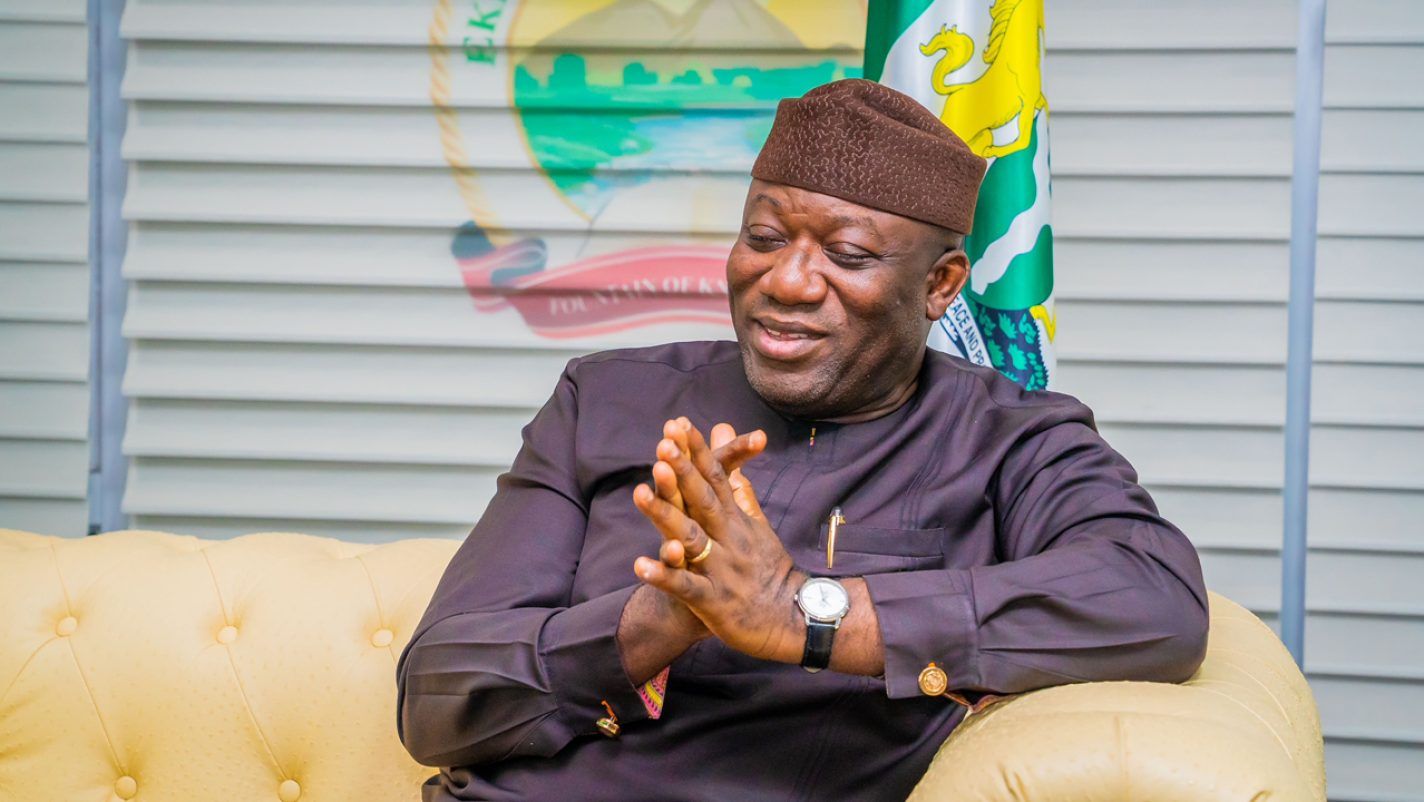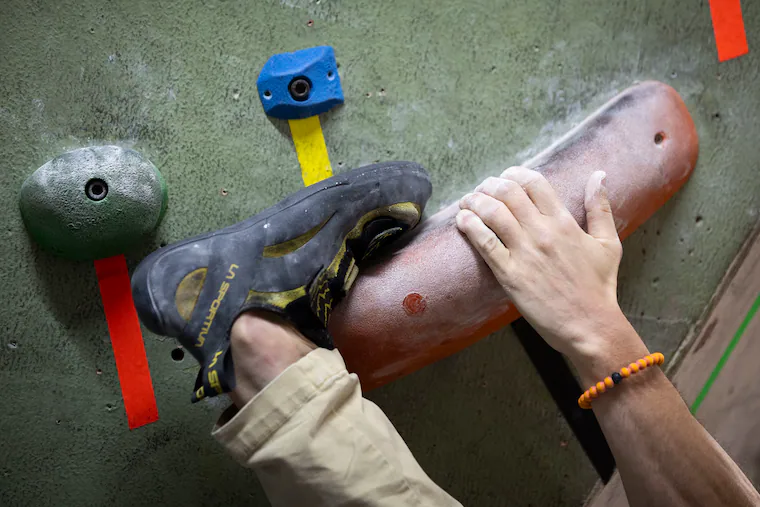Copyright newtelegraphng

…Says military rule not viable option Former Governor of Ekiti State, Dr Kayode Fayemi, has advocated for urgent reform of the Economic Community of West African States (ECOWAS) in order to effectively tackle the challenges of poverty, inequality, bad governance, and insecurity in West Africa. Fayemi, who made this call at the second edition of the African Political Square (APS) and the Experts Meeting on Alternative Futures for ECOWAS at 50, organized by the African Leadership Centre (ALC), in collaboration with the ECOWAS Commission, Codesria and Wath, said the myriad of challenges confrregion cannot be effectively addressed by the regional economic bloc in its current form. According to him, ECOWAS must move beyond being an elite-driven institution to one that truly represents and serves its people. “There is an urgent need for a new, citizen-centred approach that responds to the real concerns of ordinary West Africans, rather than focusing solely on the priorities of political leaders. The regional body cannot continue business as usual. It must evolve to reflect the realities on the ground and to rebuild trust with its citizens. 50 years is a significant milestone in which ECOWAS has accomplished a lot, but it must also serve as a moment of reckoning: a time for deep reflection, bold reforms, and a renewed commitment to the principles of regional integration, security, and inclusive governance. “It is also my hope that a key part of our discussion will focus on security and the role of the military in addressing instability in the region. It is now evident that traditional military strategies alone are inadequate in tackling the complex threats posed by insurgent and terrorist groups. “Many of these groups are deeply embedded within communities and even, in some cases, within the military itself. What is needed is a more sophisticated intelligence-based approach, combined with efforts to address the underlying social and economic drivers of insecurity. “We need a comprehensive human security strategy that deals with issues of poverty, inequality, and governance failures, which extremist groups continue to exploit,” he said. The former governor said that while many citizens in Nigeria and other parts of West Africa may be frustrated with civilian governments that have failed to deliver on governance and security, returning to military rule is not a viable alternative in tackling governance deficits. Fayemi said that from empirical evidence, military regimes do not provide sustainable solutions. According to him, terrorism and insecurity have worsened since the military took over the three countries of Mali, Burkina Faso and Niger, even after they exited ECOWAS. “The challenge for ECOWAS is how to engage these regimes while also ensuring a pathway back to credible democratic governance. It is crucial that ECOWAS continues to leverage diplomatic efforts in finding pragmatic ways that do not alienate the breakaway states further but instead bring them back into a cooperative regional framework. “The current effort of the Commission in this regard is noted. In this regard, ECOWAS has always been a flexible and adaptive regional body, accommodating different sub-regional groupings like UEMOA, CENSAD, the Mano River Union, and others. “There is no reason why AES (the putative Sahelian bloc of Burkina Faso, Mali, and Niger) cannot continue to be part of ECOWAS, even if it insists on maintaining a distinct identity. The goal should be to preserve regional cooperation, stability, and development, rather than encouraging further divisions. “The future of West Africa depends on the choices we make today, and it is clear that ECOWAS must embrace change if it is to remain relevant in the years ahead,” he said. President of the ECOWAS Commission, Dr Omar Alieu Touray, lamented that the regional bloc today faces a crisis of democracy and security. Touray, who was represented by the Commissioner for Political Affairs, Peace and Security, Ambassador Abdufatah Musah, blamed the crisis on the manipulation of constitutions and exclusionary politics by some ECOWAS leaders, stressing that these anti-democratic practices have become fashionable in the region. He recalled that while visionary leadership created ECOWAS in 1975, bringing together francophone, anglophone, and lusophone states, it is doubtful if the regional leaders are still faithful to that vision after fifty years. Touray said that with the end of the Cold War and the advent of a new world order based on multilateralism, countries now have choices based on their interests and values. In that light, he said, West Africa must also choose between “people-centred democracy and authoritarian regression.” Touray disclosed that ECOWAS had launched “a series of introspections” across its structures to redefine its strategy for the next 15 years, adding that the citizens must be at the heart of the new ECOWAS.



